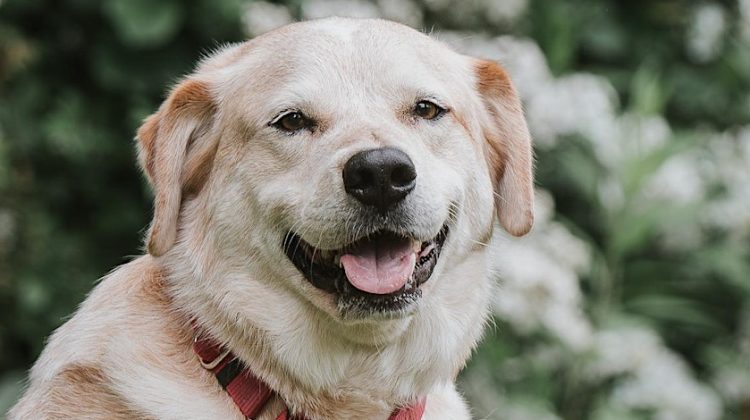PEABODY — Ellie Mental Health will be hosting a training event called “Dogs as Healers: Canines in the mental health counseling setting” this Saturday from 9 a.m.-3:30 p.m. at Community Covenant Church to emphasize the importance of Animal Assisted Therapy.
Clinic Director Deb Madera said, “I just truly love the idea of incorporating animals into the therapeutic setting. It’s so powerful, and some of the results are so immediate.”
When considering the importance of AAT, Madera began by mentioning, “Sometimes when there’s therapies that are not a more traditional talk therapy, people are like, ‘Eh, I don’t need that.’”
She continued, though, saying, “I have never seen any client who I’ve engaged with any sort of Animal Assisted Therapy — whether it be a farm animal or a dog — not benefit from it. It’s just incredibly helpful. It’s not just for kids. It really can help folks get to the core of issues much more quickly in a way that traditional therapy is harder.”
Madera then shared “a perfect example,” bringing up a memory she had with one of Ellie’s “fantastic clinicians,” who was struggling to get Madera’s dog Molly to engage with her.
“She’s got a big personality, and she’s very bubbly, and she takes up a lot of space in the room. She’s very aware of this, and Molly was always like, ‘Mmm, no thank you,’” Madera explained. “We talked about it once, and she was like, ‘I don’t understand (why) Molly doesn’t like me. I try to spend time with her. I try to pet her. I give her a treat. She really just doesn’t like me. I don’t understand.’”
She continued, “I said, ‘Is there any place else in your life where you feel this way?’ And her face dropped. She said, ‘Oh my God, my teenage daughter.’ I went, ‘Mhm, so how do you think you can address this?’ And she’s like, ‘I think I’m coming in too hot. I’m coming in too loud. I’m coming in too big. I think I need to step back and let her come to me.’”
Madera said they gave that a try, and “within minutes, Molly was more engaged with her.”
“That’s the power of using dogs,” she explained. “Dogs sense what’s going on, and they allow us to externalize out onto them. Something that was really happening between her and her daughter presented itself between her and Molly, and because it was right out there in the open, it seemed easier for her to identify ‘Oh my God, this is the same thing that happens with my daughter.’”
She emphasized that all of Ellie’s dogs are “family pets who are well-loved and cared for, who have no aggression and are physically up-to-date on their vaccinations. That’s it. I don’t want a super well-trained dog doing this work because then the dog is looking to me to figure out what it needs to do. I want the dog to just be a dog.”
She continued, “I want Molly to react to people the way she wants to react to people. She’s an excellent judge of character, so if the person’s coming on a little too strong, I want her to be a little standoffish. That gives me, the counselor, an opportunity to step in and talk about what’s going on here. ‘What are you feeling from Molly right now? What do you want to be feeling from Molly right now? How do we get you there?’”
This Saturday’s event will provide training to 40 licensed mental health professionals at no cost. Attendees will receive credits toward their license renewal, which must be done every two years to remain a licensed professional in the field.
The training is split into sessions with breaks in between, and there will also be lunch provided thanks to Acadia Healthcare.
“We want to keep this free for folks and convenient for folks. (That’s) also why it’s on a Saturday and not a weekday. It’s really hard for clinicians to take a day off during the week to go to trainings, myself included,” Madera said.
She also noted, “I train clinicians; I don’t train dogs.”





